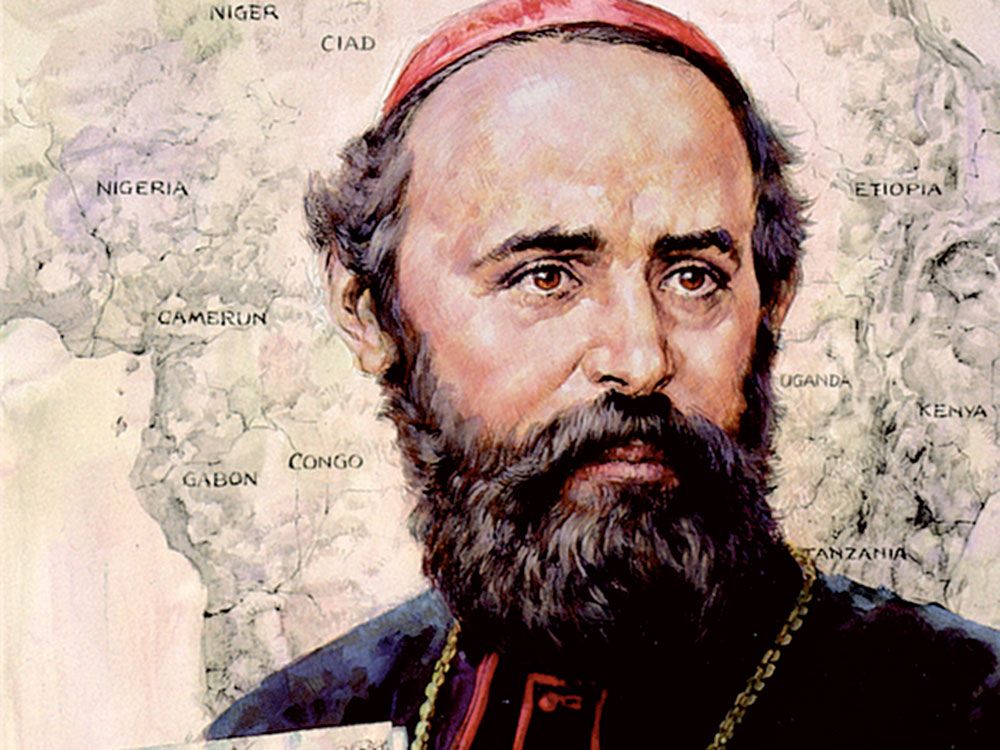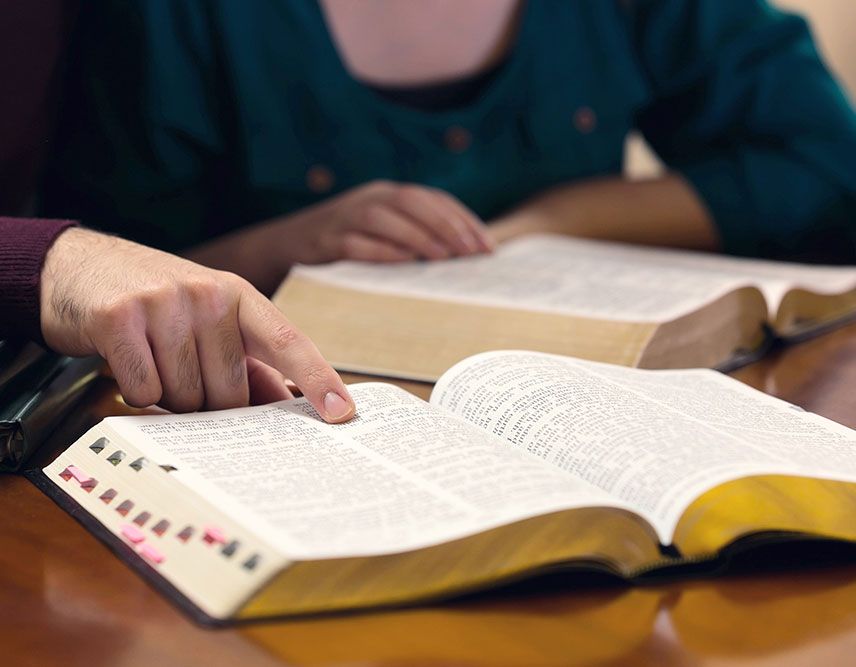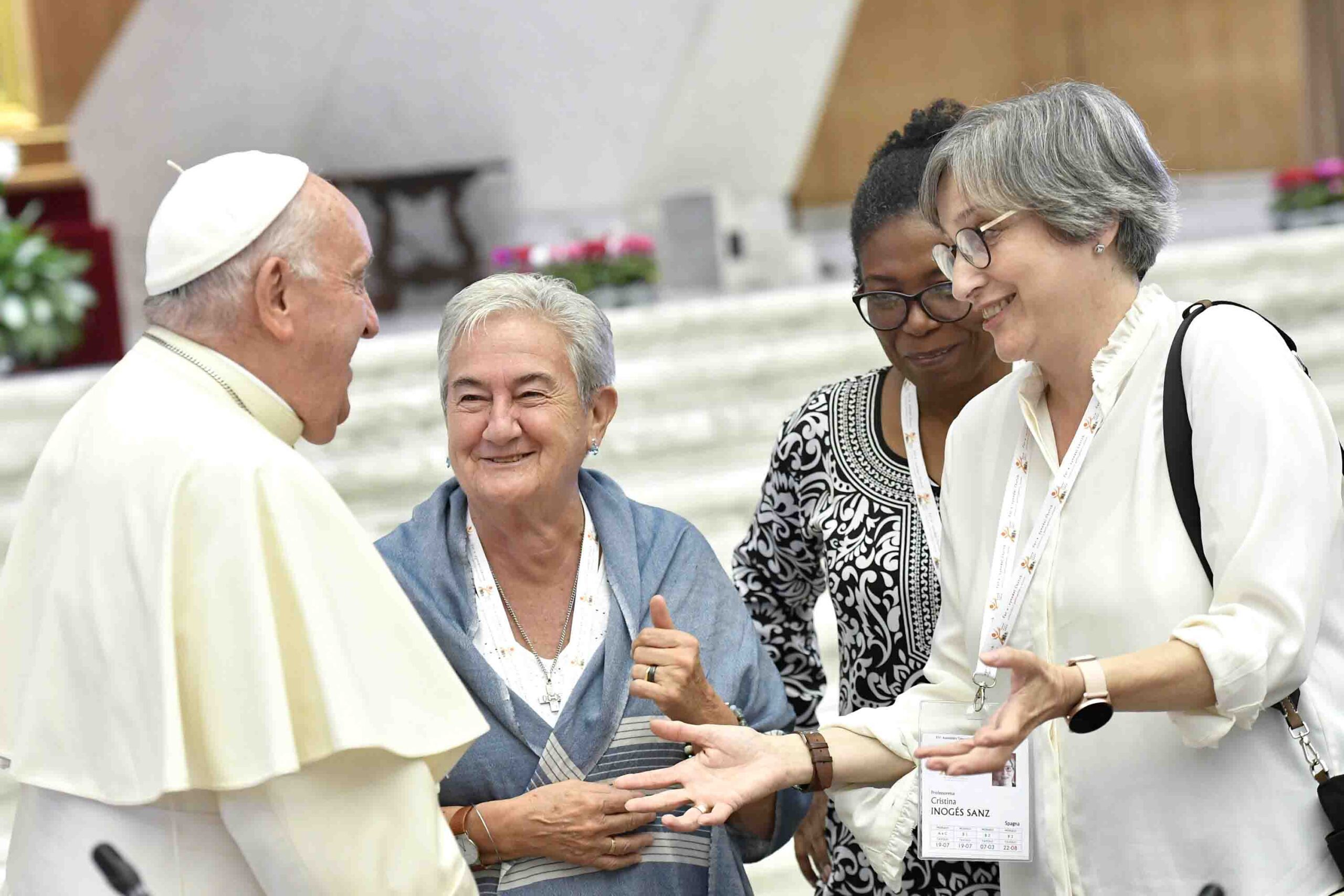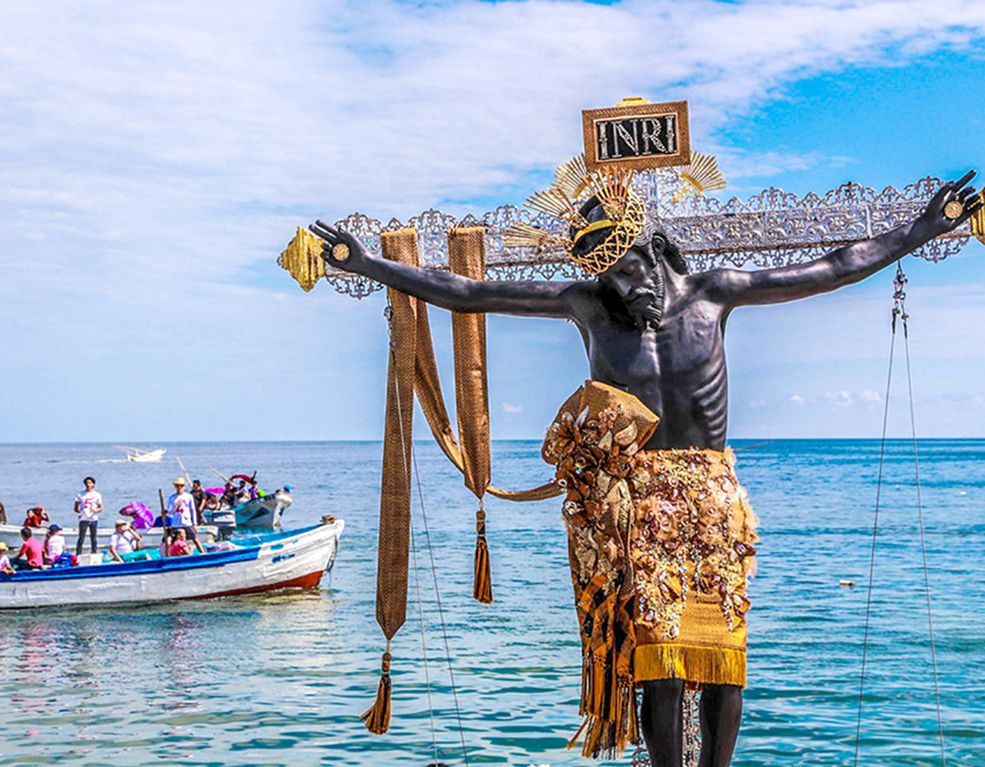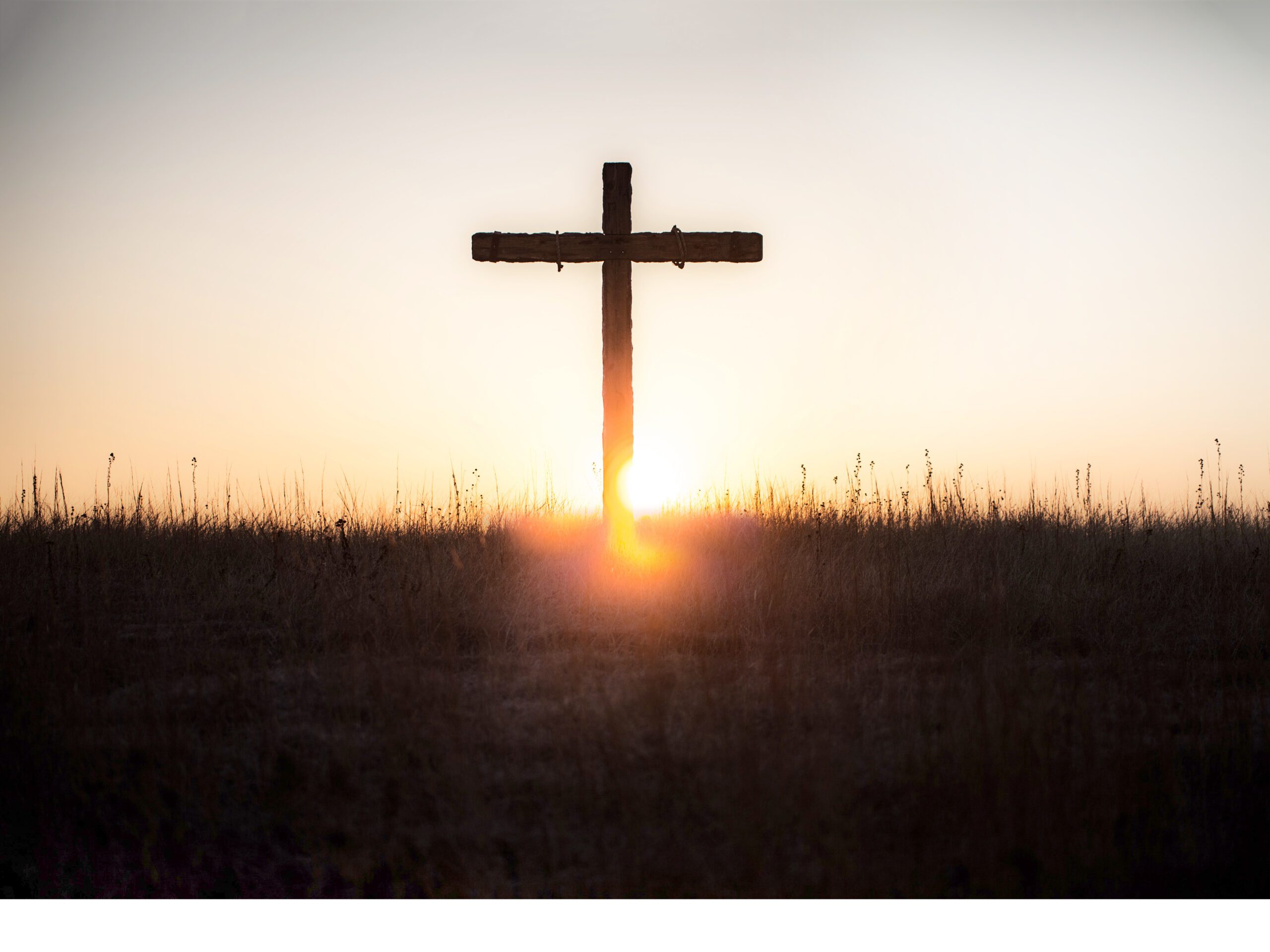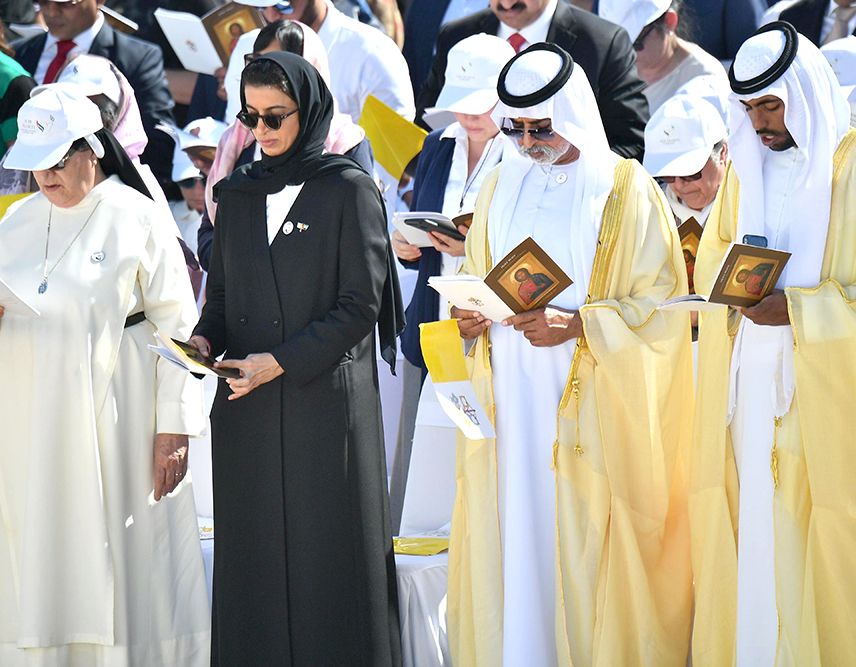Among us, Christians, it is not always self-evident that we live the same faith in many different ways. In fact, many of us tend to think that ours is really the only good way of living as disciples of Christ. Our generosity in following, as closely as we possibly can, the way indicated in the Gospels sometimes leads us to presume that the best way (best for us!) is, in reality, the only one – to the exclusion of all others. Or if we happen to be rather open-minded and tolerant, we will, at best, think that ours is the highest path while efforts different from our own are considered less successful.
This year, I was the animator of a group of 16 young deacons who were completing their studies of specialization in various fields of theology while preparing for their ordination as priests in the coming months. Plurality is something that we experience everyday: there are sixteen of us in the group, and we come from eleven different countries!
In one of the sessions of evaluation of our life and journey together, I was struck by the sharing of our two Chinese brothers. One of them confessed candidly that, in all his years as an active Christian and then as a seminarian, he had never realized that there was an ‘underground side’ of the Catholic Church in China. In fact, he said, he simply was born and began his journey of faith in the particular context of the ‘official church’ and simply presumed that that was the Catholic Church, and the way of living as disciples of Jesus. He was quite surprised when, coming to Rome to continue his studies and his preparation for priesthood, he encountered other seminarians from his own country who considered themselves an ‘underground’ Catholic community.
The other deacon (now already ordained a priest) shared that he was very much aware of the two sides of the Church in China. When he arrived in our community in Rome, he was very much surprised to encounter seminarians from ‘the other side of the Church’ who were very much like him, sharing most everything that has to do with the essentials of Christian faith and life. Both of them shared with joy the fact that in the three years spent here together in the same community, they have actually become very good friends. Returning to their communities in China in a month or two, they firmly intend to share their experience of ‘friendship across the border’ with their fellow priests and work for the effective reconciliation among their two communities.
Central in their experience was the fact of participating daily in the same celebration of the Eucharist. They learned to focus on what is fundamental in the common faith. Instead of remaining tied up with the problems, contrasts, mutual suspicions of the past; they were able to enjoy living and praying together in the present while looking at the common goal of a reconciled Church for the future. What about their differences? They are certainly not to be suppressed, nor ignored. They can certainly become a good source of material for collaboration and mutual enrichment.
The differences among Christians are often a grave obstacle in the way of our common effort to share the Gospel with other people. Moments of strong contrast in our past histories have left here and there a legacy of suspicion which may foster in us, missionaries, actions and attitudes which blatantly contradict the love and fraternity that we preach. The way forward could be seen in the experience of my two deacon friends: first, recognize that the other exists with his own differences and characteristics; then discover that ‘your truth’ and ‘his truth’ are simply two superficial ways of looking at the same mystery of God: differences will become slight if both agree to look deeper into your own faith. And there’s nothing like a good friendship to dissolve old suspicions and enable us to bring together our different resources and put them at the service of the same mission.
One Gospel, many languages
It is enough just to take a quick look at the New Testament to see the clear and constant emphasis on the oneness of the Gospel of Jesus and the plurality of persons receiving and propagating it in their own many languages and cultures.
Paul spares no words in defending the one Gospel preached by him from the very beginning of his mission: even if an angel comes to you and preaches another gospel, you must not accept it! His warning could not be stronger: … “even though we, or an angel from heaven, should preach to you a gospel contrary to that which we have preached to you, let him be accursed” (Galatians 1:8). And he also makes it quite clear that there is no contradiction or difference between what he preaches and the Good News spread by each and every one of the other apostles. When they met in Jerusalem, they rejoiced seeing that the contents of the preaching of all of them was the same (Cfr. Gal 1:18-24). It was amazing: Paul, with a personal history that was so different from that of all the other apostles (he never met Jesus before His death on the cross!), was preaching that very same Gospel, and he was leading so many new people to Christ, both Jews and Greeks. So, the Gospel is one, there can be no doubt about that.
And the many languages and cultures used by this gospel and by those who witness to it is also clear from the first book of the Gospels to the last page of the New Testament. Right from the beginning, Jesus chooses a number of disciples so that they could be with Him and that He could send them (Mc 3:14). Later on He sends out 72 of them on a special mission to all the places where He intended to pass later on. And when, 50 days after His Resurrection, the same Christ sent the Holy Spirit to empower them for world mission, again, it was not one who received the fire of the Spirit, but all those who were present in prayer in the Upper Room when the day of Pentecost arrived (Acts 2:1ff).
The One Fire upon many different heads, setting their minds and hearts ablaze with the passion for offering to all the Gospel about Jesus. And immediately, coming out into the street, they proclaim the Good News in such a way that all the people who had gathered in front of the house understand them, each in his or her own language. The coming down of the Spirit for mission is, thus, clearly marked by a multiplicity of gifts and a plurality of expressions. The one message of Jesus is already spreading into a large number of languages and cultures. This is the first harvest, and the model to be followed in all the others. The idea of ‘harvest’ comes from the fact that, among other things, the Jewish feast of ‘Pentecost’ was celebrated precisely in connection with the first harvest of wheat. So, the Spirit for mission comes in many different tongues of fire and it leads at once to preaching and understanding (conversion) in a plurality of expressions.
Gospel, Spirit and Mission walk together making use of ‘the many languages’ of humanity right from the beginning. The more we manage to express the Gospel in the many languages, mentalities, cultures… of humanity, the more we are being faithful to the impulses of the Spirit. Even a very quick look at the history of the Church would clearly show that the times of infidelity and of ‘going astray’ are often linked with the ever present temptation to be led by fear and to seek refuge behind the closed doors (Cfr. Jn 20:19) of one language and one culture.
One mission, many protagonists
That very first day of the Church’s history of evangelization must have been quite something. We read only of the speech of Peter, surrounded by the eleven (Acts 2:14), but it is quite clear that all those who were inside and had received the Spirit were actively proclaiming the Good News to all the people from many nations who had gathered around. Long standing Christian piety makes us think of Mary, the Mother, together with the Apostles in prayer, ready to receive the Spirit; did she keep quiet when all were announcing in great joy? (Acts 2:4) What about all those who had been healed, forgiven, reconciled by Jesus? Surely many had heard of His death (bad news travels fast…), and in those fifty days after Easter, certainly some of them had heard of His Resurrection. Could some of them be there on that day, waiting for the Spirit? What about Mary Magdalene and the other Mary, the first ones to encounter the Risen Jesus (Mt 28:9)? If they were there, the exuberant Magdalene was certainly one of the most enthusiastic preachers… In fact, Peter himself explains what had just happened saying that it was not the result of a good early drink of sweet wine, as some were thinking, the fact was simply that the old prophecy of Joel had just been fulfilled: “On that day, the Spirit of God will be poured upon all flesh” (Joel 2:28-32).
What we can imagine happened on that first Pentecost keeps on happening in ever surprising ways all along the history of the Church, all over the planet, from Cornelius and his family (Acts 10:45-48) who started prophesying even before they had received baptism, to the unknown travelers who brought the faith to Rome, to the lay scholars who brought Christianity from China to Korea and kept it alive for over one hundred years. And we think also of the thousands of catechists who today continue to bring into the Church so many new African sisters and brothers, and who keep leading and nurturing in the faith the local communities whom the missionary priest or sister can visit only occasionally. That same Spirit of Pentecost keeps on showering ‘tongues of fire’ in invisible ways upon so many official and unofficial apostles today. Each one using his own language and culture as a way for the Gospel to continue to travel in our own time.
And what about the way people answer to the Gospel? There, the same faith in the one Lord is expressed in such a wide variety of ways that even a distracted observer cannot help being amazed. Together with the elements that are common to all Catholic communities, say, in the liturgy, elements that the Spirit uses to cultivate and give visibility to the real communion that unites the whole Church, the variety of expressions of that same faith, and the surprising creativity that the same Spirit continually stimulates in our celebrations is well in keeping with what we read about already in the New Testament.
I was not surprised to hear that a very prominent pastor in the Church made it quite clear that he was not pleased with the Latin hymns sung by the choir at a very solemn public Mass presided by him thousands of miles away from Rome: had the Spirit of God exhausted its creativity?
We know that the Spirit is inexhaustible, it is we who need to open ourselves to the new challenges that God sets ahead of us.


